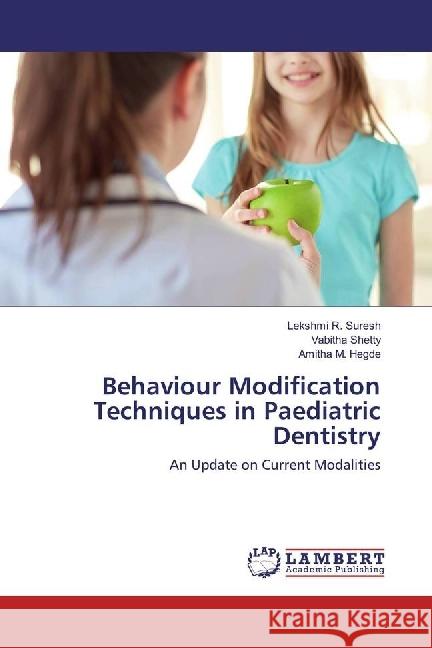Behaviour Modification Techniques in Paediatric Dentistry : An Update on Current Modalities » książka
Behaviour Modification Techniques in Paediatric Dentistry : An Update on Current Modalities
ISBN-13: 9783659955204 / Angielski / Miękka / 2016 / 112 str.
Children often experience unpredictable and severe procedure-related pain in hospitals and dental settings that can be associated with negative emotional and psychological implications. It completely limits, or partially limits utilization of health care. The goals of behaviour management are to establish communication, alleviate fear and anxiety, deliver quality dental care, build a trusting relationship between dentist and child, and promote the child's positive attitude toward oral / dental health and oral health care. It is obvious that in order to accomplish this, early dental exposures must happen with minimum psychological trauma. The last few decades have witnessed the rise and fall of many new and old behaviour modification techniques. The evolving social nurturing and contemporary parenting gives rise to the need for continually improving behaviour management techniques at the paediatric dentists' disposal. It is for this purpose that the paediatric dentist must understand the various behaviour modification modalities in practice and the newer techniques being developed, their mechanisms, advantages and disadvantages.











